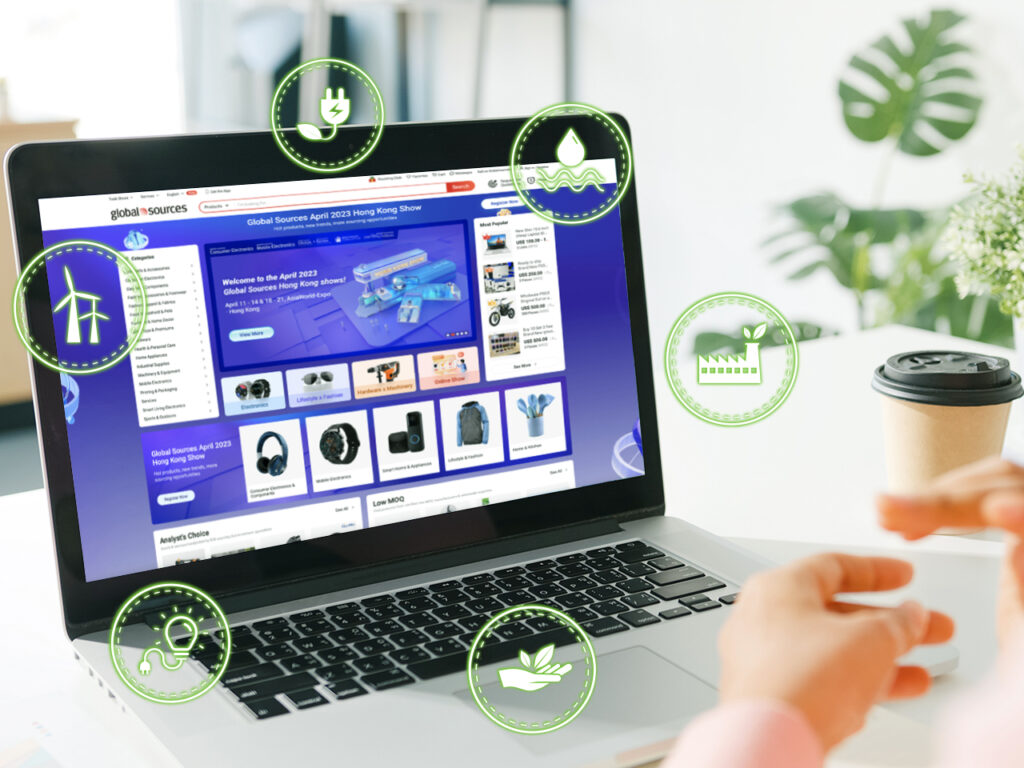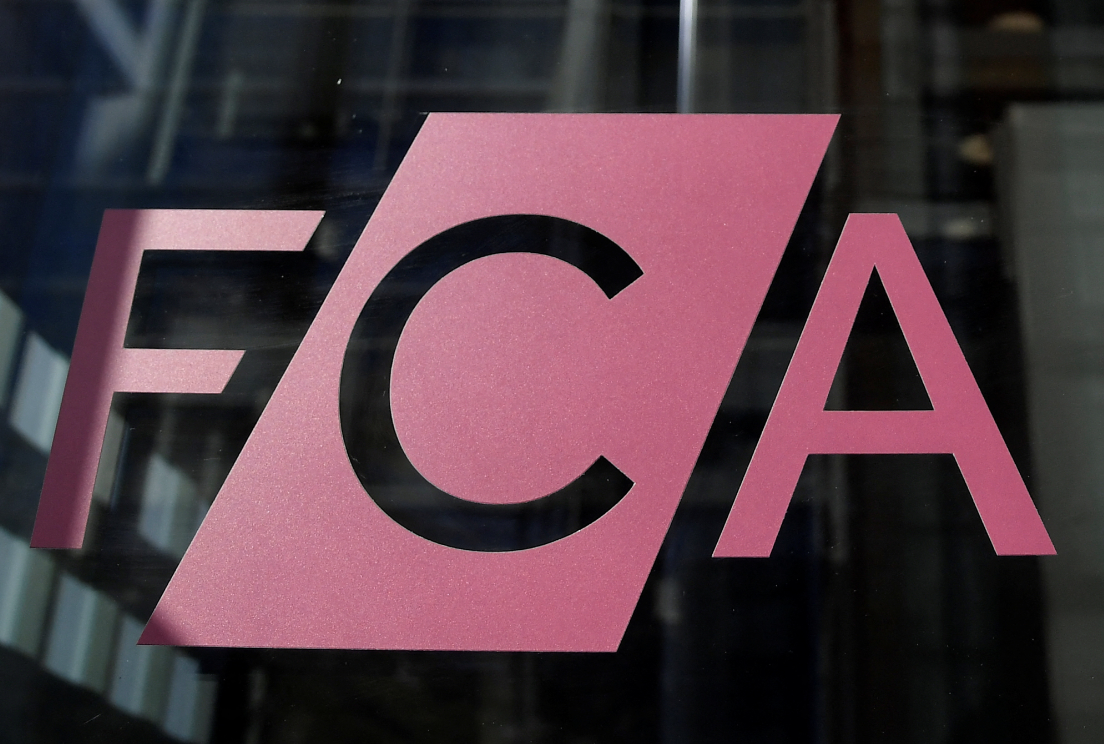Global Sources: Unlock the Benefits of Sustainable Sourcing

Sustainable sourcing — the integration of social, ethical, and environmental performance factors into the process of selecting suppliers and platforms — is fast becoming part of the ethos of corporations worldwide.
Sourcing methods impacts nearly every area of corporate business and the consumer’s mindset. Everything from sourcing materials and, talent attraction to consumer perceptions and purchasing habits is because of increased awareness of the importance of adopting sustainable sourcing methods. As supply chains continue to expand globally into developing countries, driven by lower costs and larger production capacity, companies face increased risks and heightened stakeholder expectations.
Companies are increasingly making sustainable sourcing an essential part of their procurement and supply chain management processes and are realizing multiple positive impacts across their businesses:
- Reduced costs through supplier diversification worldwide
- Enhanced competitiveness
- Increased revenue with access to new markets and more effective and efficient supply chains
- Strengthening of brand through increased adoption of responsibility as a global corporate citizen
- Improved risk management across enterprise
Ideally, sustainability is already something in which your organization is invested. If it’s not however, there are still simple, meaningful ways to start.
As a critical first step, companies and their purchasing departments should establish a list of sustainable criteria for supplier selection. These criteria should be consistent with the
company’s overall strategic goals and desired brand positioning. A suitable sourcing platform that provides sustainable products and environmental-friendly services can be a critical component of a company’s purchasing strategy. Such platforms can also help companies to encourage and educate suppliers in setting their own business standards and developing responsible practices that are consistent with a company’s goals.
See related article: Cadbury-Maker Mondelez to Invest $600 Million on Sustainable Cocoa Sourcing
Carol Lau, Senior Vice President of Client Service, Sales Support & Analytics, Global Sources, a leading international sourcing platform says, “As a B2B sourcing marketplace, we also support the supplier community to be more sustainable. Through our site, for example buyers can filter products via the specific categories, materials and desired features related to recycling, where “sustainable” or “eco-friendly” products will be found. In addition, we encourage our suppliers to show their ESG-related certifications, such as the Global Recycled Standard, on the relevant product detail page, so that buyers can feel more comfortable in their decisions with tangible proof point,”
“By connecting buyers and suppliers, facilitating online events and tradeshows, enabling the exchange of e-business cards and utilizing augmented reality and virtual reality showrooms of supplier factories, Global Sources helps to enhance the online sourcing experience, not only making it more convenient for all parties but also reducing carbon footprints.”
Leading fashion brand H&M Group has committed to making it possible for customers around the world to express themselves through fashion and design, and to choose a more sustainable lifestyle. To fulfil this commitment, the company is working to ensure that all raw materials used in their products are sourced in a responsible and sustainable manner. According to H&M Group’s Sustainability Performance Report 2020, nearly 65% of the materials used by the company’s brands were recycled or otherwise sustainably sourced. The company aims to reach 100% by 2030.
H&M Group utilizes its Sustainable Impact Partnership Program (SIPP) to assess supplier compliance with the company’s Sustainability Commitment, and to measure overall sustainability of suppliers over time. H&M Group also utilizes sustainability standards developed by NGOs, other companies, and multi-stakeholder initiatives, including the Good Cashmere Standard from the Aid for Trade Foundation, the Responsible Mohair Standard from Textile Exchange, the Responsible Down Standard from The North Face, and certifications from the Better Cotton Initiative and the Forest Stewardship Council.
Sustainable sourcing is already a key consideration for consumers and businesses. It is not a passing fad, and companies that don’t adopt sustainable sourcing practices are putting themselves at a disadvantage relative to their peers. While buyers won’t be able to solve sustainability by themselves, they can certainly be a force for good for now and in the future. Diversifying the supply chain is of the utmost importance to ensuring the greatest possible choice of goods and services. The most obvious advantages are cost and efficiency, but it also comes down to sustainability and, ultimately, reputation. Companies may leverage a Hybrid O2O sourcing channel to support on-the-go overseas sourcing needs, reduce the carbon footprint, and lower the greenhouse gases that contribute to global warming.
Embracing technology is another critical factor to achieve sourcing in a sustainable, efficient, and cost-effective way. During the supply chain management processes, companies increasingly consider utilizing AI-based software and platforms for intelligent sourcing, automation and inventory management, and even logistic arrangement. In addition, partnerships with local communities and small businesses, can also help encourage local product innovation and support the growth of the SMEs.










